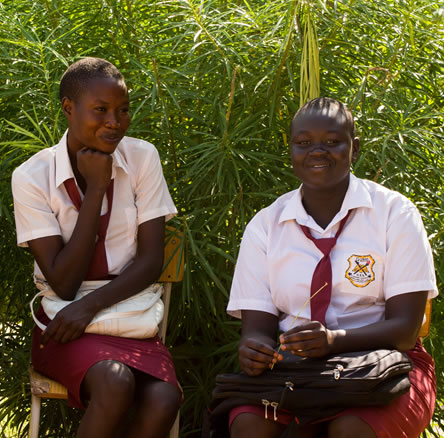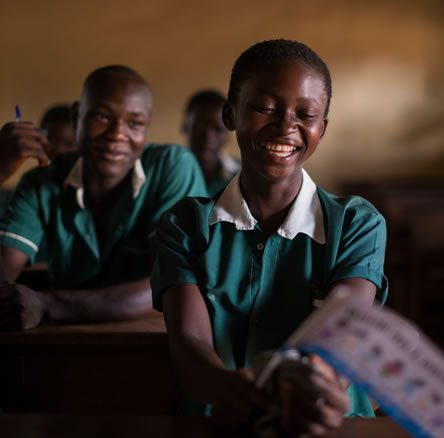Education and Learning
NILE RELIEF AND DEVELOPMENT ORGANIZATION improves continually through reflection and evaluation.
☀ We design and assess programs with the aim of constant improvement.
☀NILE RELIEF AND DEVELOPMENT ORGANIZATION recognizes professional development as fundamental to team satisfaction and success and quality service delivery to out beneficiaries.
Education is a fundamental human right: Every girl and boy in every country including South Sudan’s States, Counties, Payams and bomas is entitled to it. Quality education is critical to development both of societies and of individuals, and it helps pave the way to a successful and productive future. When all children have access to a quality education rooted in human rights and gender equality, it creates a ripple effect of opportunity that influences generations to come. Education ends generational cycles of poverty and disease and provides a foundation for sustainable development. A quality basic education equips girls and boys with the knowledge and skills they need to adopt healthy life-styles protect themselves from HIV and take an active role in social, economic and political decision-making as they transit to adolescence and adulthood. Educated adults are more likely to have smaller and healthier families, to be informed about appropriate child-rearing practices and to ensure that their children start school on time and ready to learn. In the South Sudan context, re-establishing education after
an emergency not only safeguards children’s fundamental right to education; it also plays a critical role in normalizing their environment.
This helps them overcome the psychosocial impact of disasters and conflict. During conflict, education can offer knowledge and skills that provide protection, while in the longer term, it can help develop values and attitudes that prevent conflict and build peace. School can provide the stability; structure and routine that children need to cope with loss, fear, stress and violence. Being in school can keep children safe and protected from risks, including gender-based violence, recruitment into armed groups, child Labour and early marriage Education empowers girls and women NRDO believes that Girls and young women who are educated have greater awareness of their rights and freedom to make decisions that affect their lives, improve their own and their children’s health and chances of survival, and boost their work prospects. Education is essential to peace-building and fostering more resilient and cohesive societies.


Increasingly, adolescent girls in South Sudan also face economic and social demands that further disrupt their education, spanning from household obligations and child labour to child marriage, gender-based violence and female genital cutting/mutilation. Recent estimates show that two-third of girls in South Sudan are married before age 18, Orphans/abandoned children, who age out of institutions at 14 or 16 without education, are condemned to a life on the streets, of begging or worse like committing petty and capital crimes which exposes them to a big risk Children who live in extreme poverty face so many barriers to education, including:
1. Armed conflict or natural disasters like the current crisis in South Sudan
2. Child labour or having to work at home and care for siblings
3. Illness from preventable causes like malaria or waterborne disease
4. Weakness from malnourishment
5. Forced recruitment of children in the military forces
Specific Objectives;
- To help families produce more food and increase their income while managing their natural resources and preserving the environment.
- To assist impoverished by supporting their income generating activities, especially those operated by women and youth groups.
- To initiate community savings and loan programme and provide technical training to support people begin or expand businesses that will increase family income.
- To establish small and mediums scale enterprise and entrepreneurship training, and to develop and implement projects programmes in the fields of agriculture, cooperative business, housing, training community development.